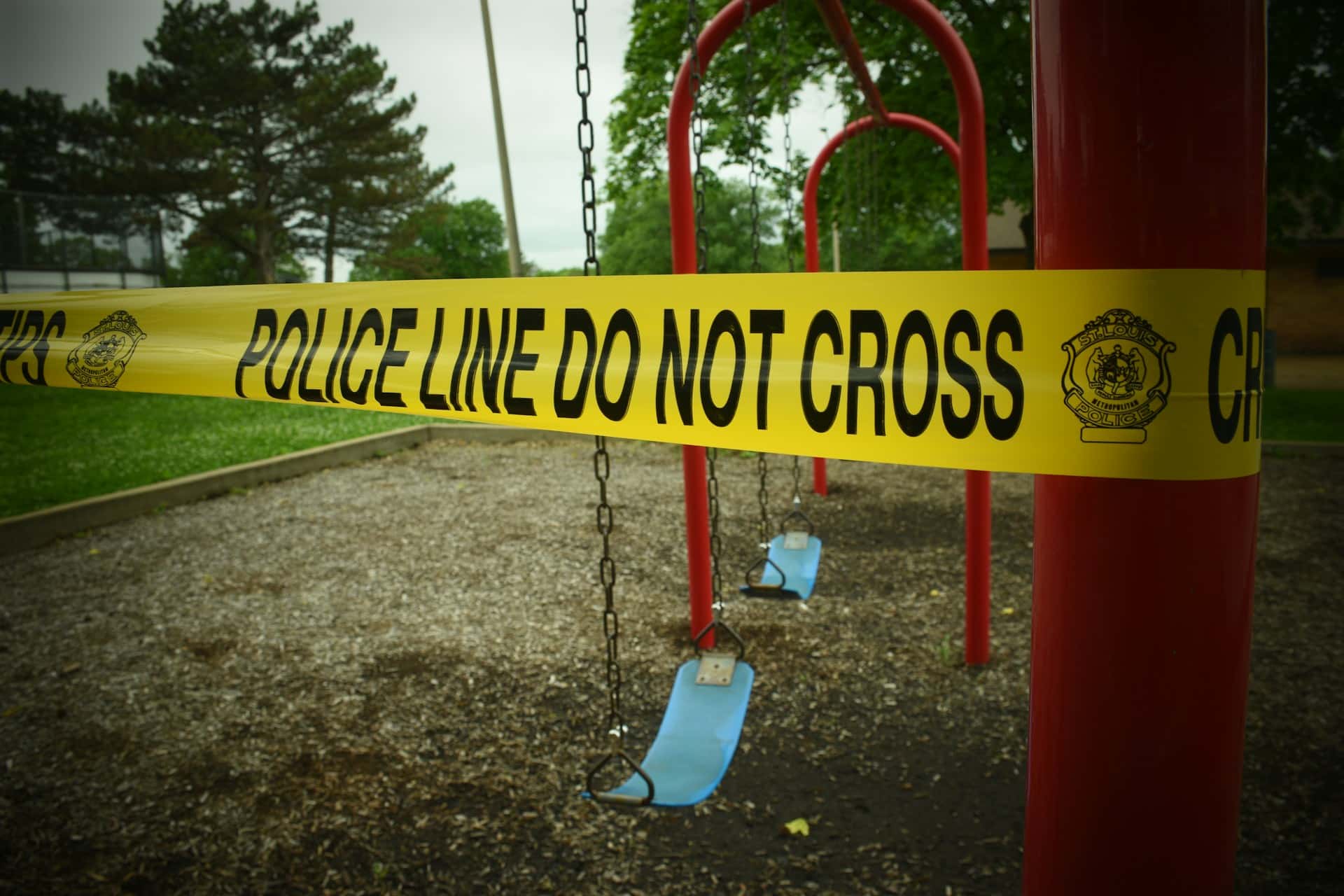
23 Sep Interfering with a Crime Scene
If you ever see that yellow police tape, stay back! Disobeying a police officer’s orders or interfering with an investigation can get you into serious trouble. Interfering with a crime scene is a class 2 misdemeanor, and it could be stacked with other charges like obstruction of justice, which is a felony. But there’s a fine line between observing and interfering—here’s what it means to interfere with a crime scene in Arizona.
What Does It Mean to Interfere with a Crime Scene?
In order to properly investigate a crime, police officers need to keep the scene of the crime intact. They will restrict access to the area until they have collected all the potential evidence and identified the victims, witnesses, and possible suspects.
Entering the area, even unknowingly, is a crime. By doing so, you could accidentally destroy forensic evidence or contaminate the scene. If you ignore or willfully disobey a police officer’s order to leave the area, they can arrest you and charge you with crime scene interference.
Are You Allowed to Record the Police?
In Arizona, you are allowed to observe police proceedings and even to record them as long as you keep your distance. However, if a police officer orders you to stop filming or to move away, and you disobey, you could end up getting arrested. And if you resist the arrest by refusing to comply with the officer’s orders, you’ll be facing additional criminal charges.
What Are the Consequences for Interfering with a Crime Scene?
Sentences for interfering with a crime scene include a maximum fine of $750 and up to four months in jail. If convicted, you will also be responsible for paying court fees. These penalties may seem fairly light, however, the prosecution will probably charge you with other crimes at the same time.
For instance, you could be charged with crime scene interference in addition to tampering with evidence, obstruction of justice, resisting arrest, and more. As a class 2 misdemeanor, crime scene interference is the least of these charges. Resisting arrest—even passively—is a class 1 misdemeanor, and obstruction of justice is a felony.
Because of charge stacking, you could be facing much stiffer penalties. But with a certified defense attorney on your side, you can fight those charges and get them reduced or even dropped.
Criminal Defense Lawyer in Scottsdale
The best thing to do when you see that yellow police tape or blockade is to stay back. A criminal conviction, even for a misdemeanor, can have lifelong consequences. Always comply with an officer’s orders, and if you get arrested, the best thing you can do is to remain silent and ask for a lawyer.
To fight criminal charges, you need an experienced defense attorney on your side. Don’t put your faith in a court-appointed lawyer if you want to escape a conviction. You need a lawyer who’s working for you, not for the system.
If you’re facing criminal charges in Scottsdale, Chandler, or Phoenix, contact Coolidge Law Firm for a free consultation today.
Photo by Allison Barnett on Unsplash used with permission under the Creative Commons license for commercial use 9/21/25.




